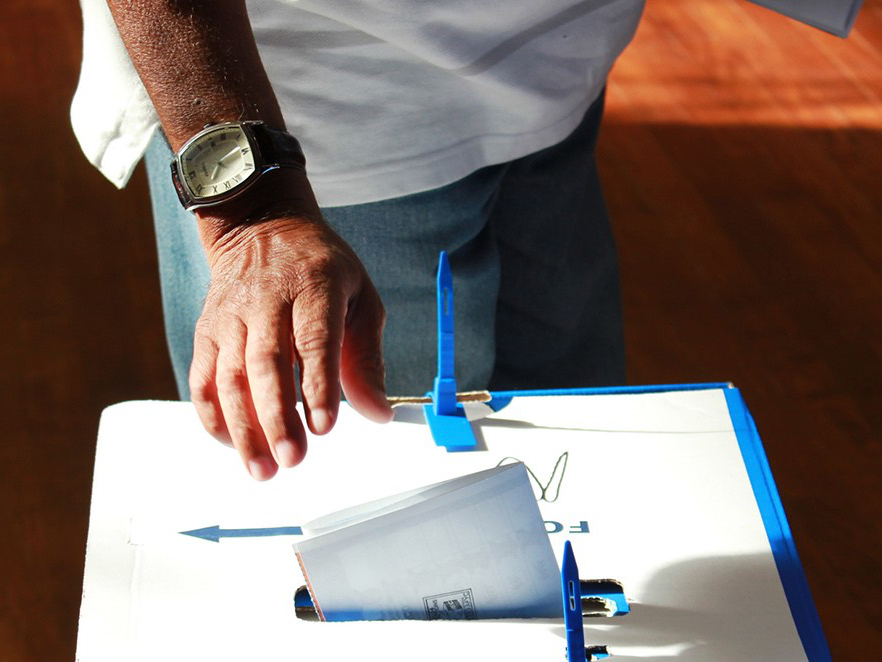The mood in India has been cautious with respect to the escalating trade conflict between the US and the rest of the world, China in particular. Although India is taking comfort in the fact that the direct impact will probably be low, given its low share of world trade (2%), there is a growing realization that the country may not be as insulated as first thought if the conflict escalates into a full blown trade war.
The direct impact on India has so far been minimal – US tariffs on steel and aluminum imports from India are estimated to have cost around $240m to date and India has retaliated by imposing higher import tariffs on 30 US goods – including motorcycles and heavy machinery as well as a large number of agricultural products such as almonds, shrimps and chocolates – which is expected to bring in an additional US$240m from import duties. This is small in the context of a $2.6trn GDP.
India’s largest exports to the US are in the services sectors where the US has been increasingly raising non-trade barriers that restrict the free movement of professionals, especially India’s skilled IT professionals. Indian IT companies have responded over the last 2 years by diversifying their workforce through increased recruitment of locals in their US operations to address American concerns.
The worry in India stems primarily from the fear of contagion. The biggest impact could be on the rupee which is already battling historic lows against the US dollar. The rising price of oil will increase India’s current account deficit, weakening the rupee further, as India imports 80% of its oil requirements.






